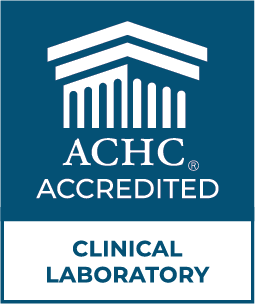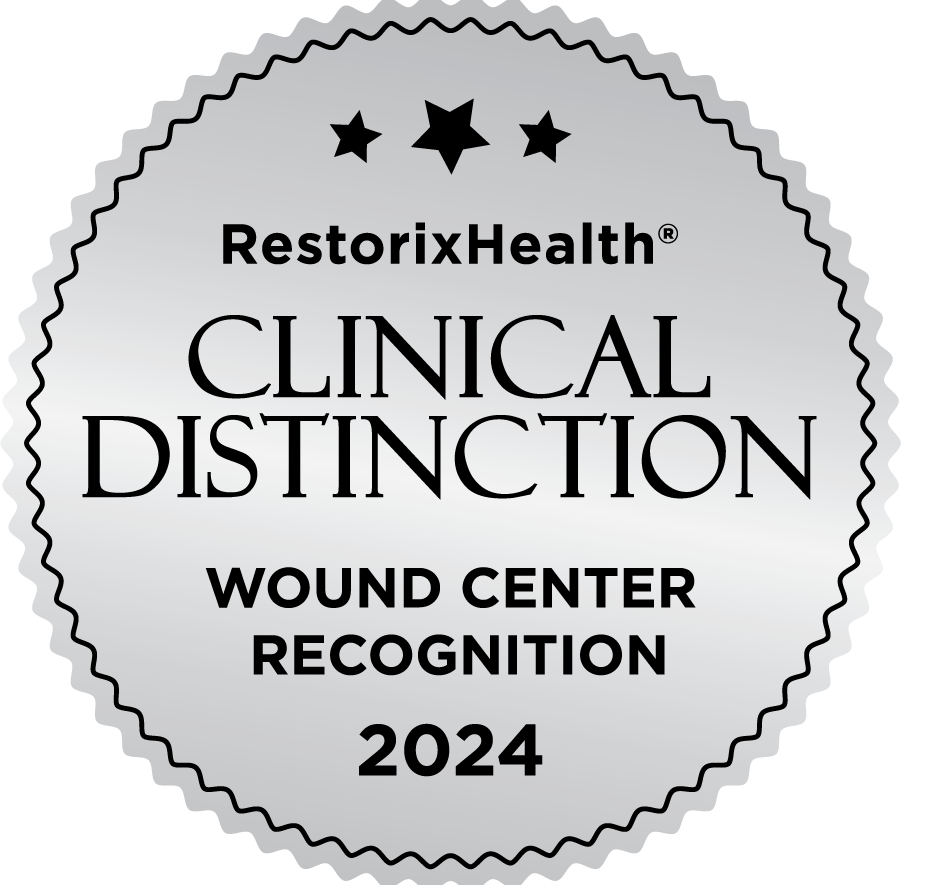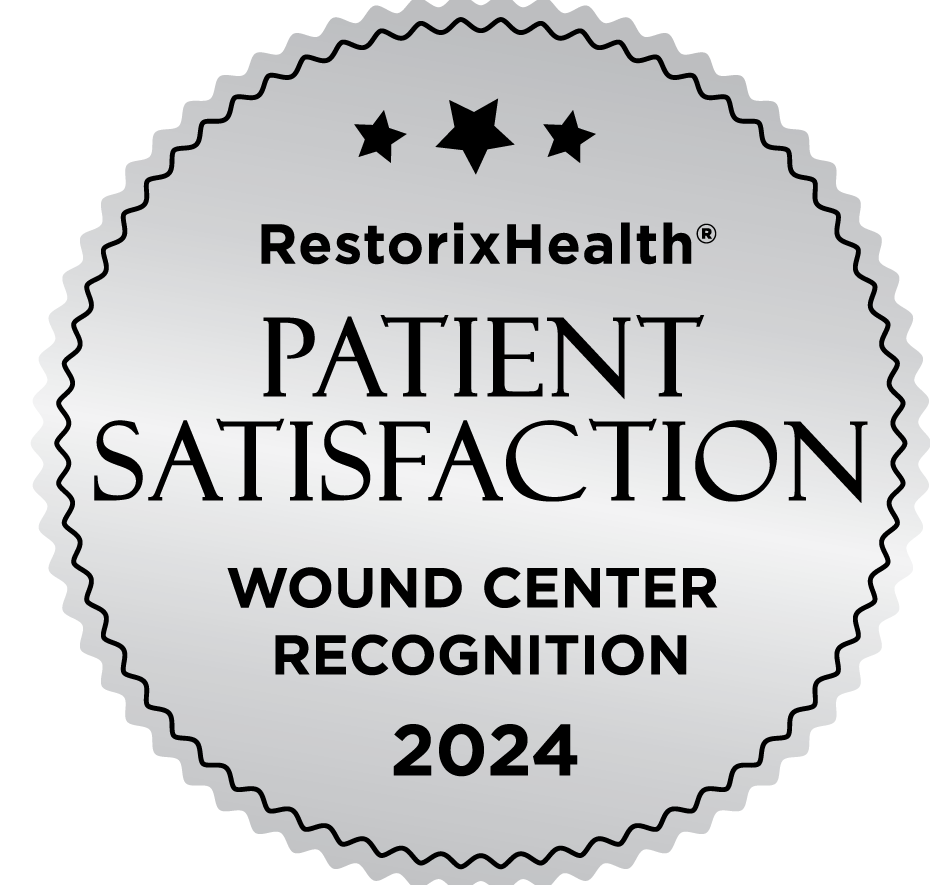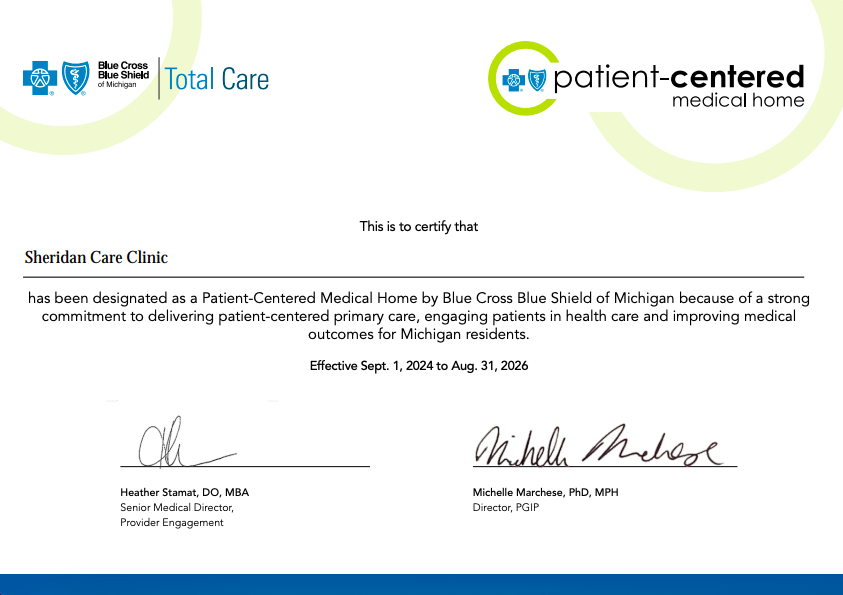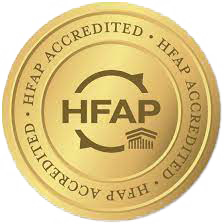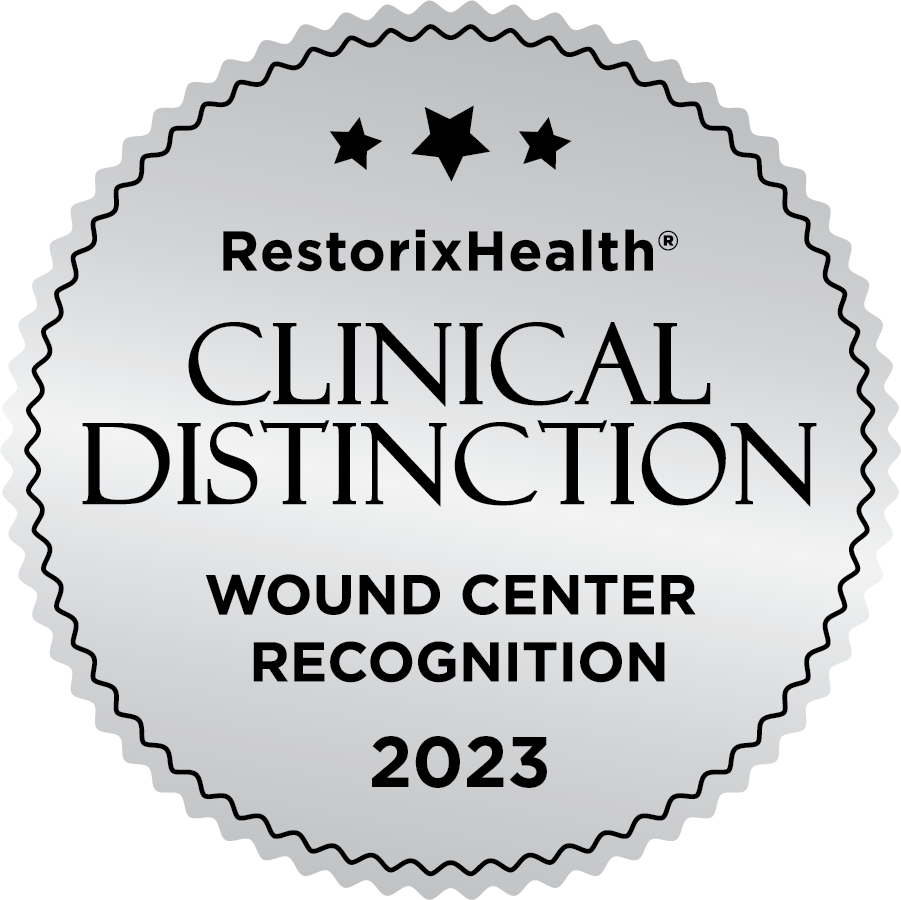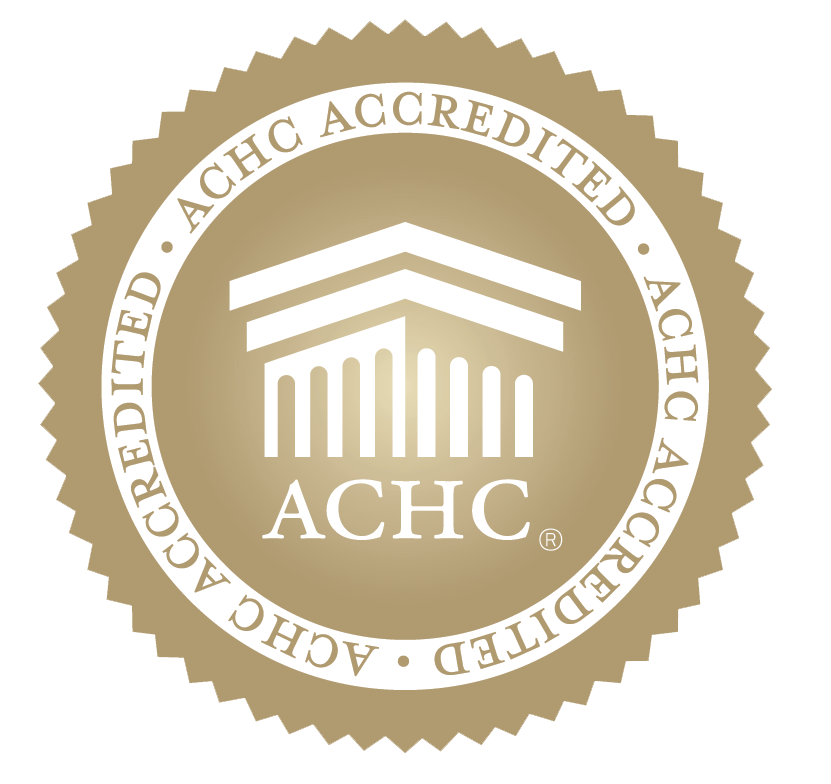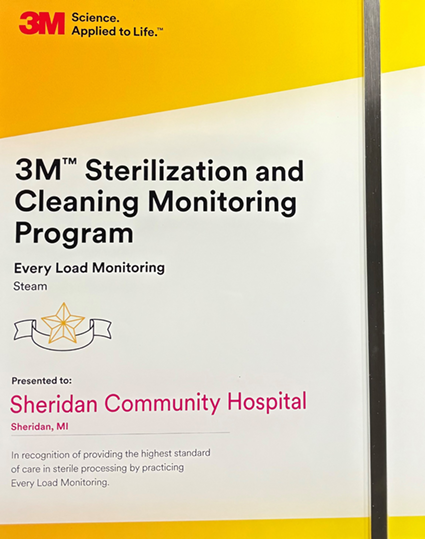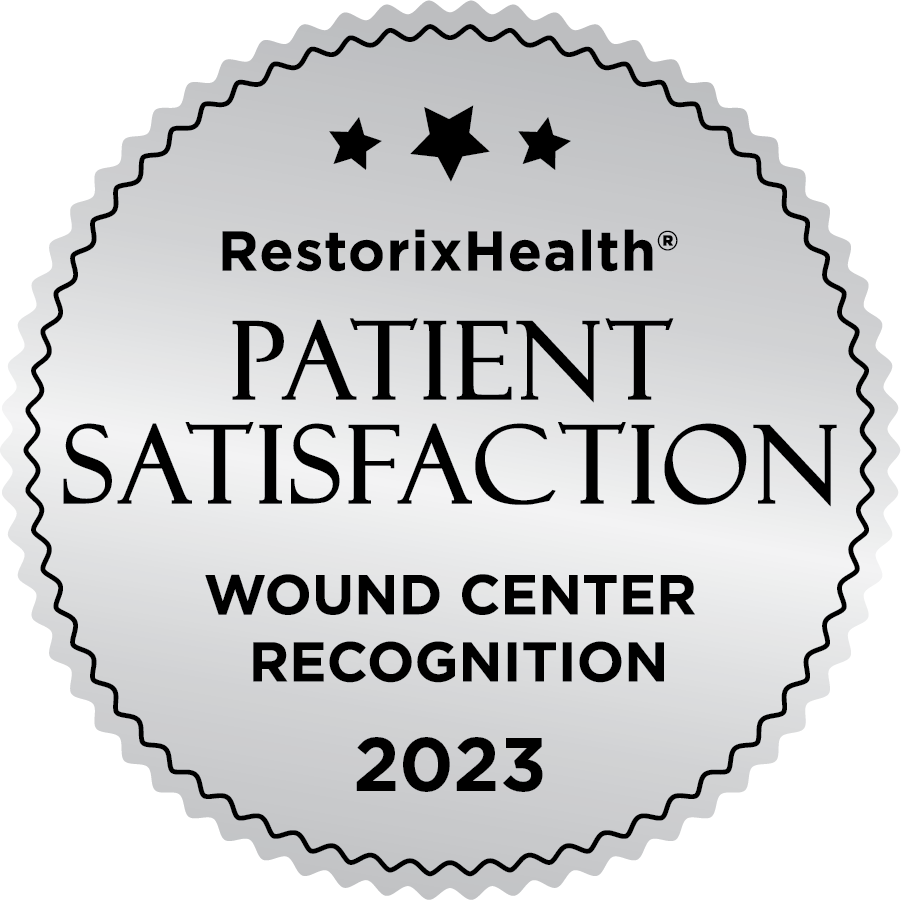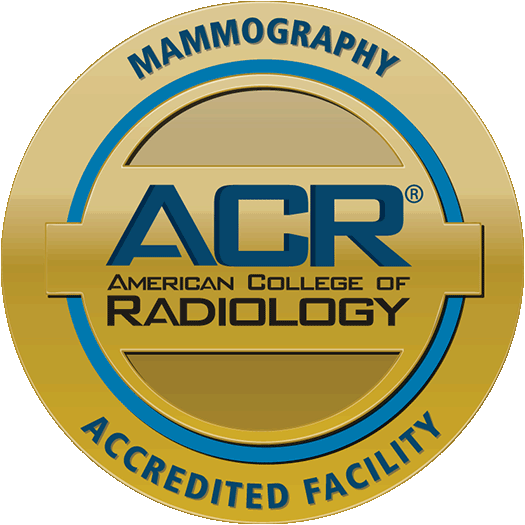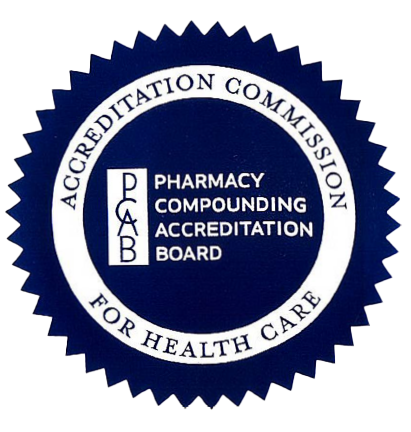SHERIDAN COMMUNITY HOSPITAL JOINT NOTICE OF PRIVACY PRACTICES
This notice describes how information about you may be used and disclosed by Sheridan Community Hospital and how you can get access to this information. Please review this notice carefully. This notice addresses the changes to HIPAA individual rights made in the Final Rule published January 25, 2013. Please review this notice carefully. If you have any questions please contact Sheridan Community Hospital’s HIPAA Privacy Officer at (989) 291-6302 or through the hotline at (866) 493-4181.
THIS NOTICE APPLIES TO THE PRIVACY PRACTICES OF:
- Sheridan Community Hospital
- All Sheridan Community Hospital owned Clinics and their staff
- Any health care professional authorized to enter information into your hospital chart
- All departments and units of the hospital
- Any member of a volunteer group we allow to help you while you are in the hospital
- All employees, medical staff and other hospital personnel
In this Notice, each reference to "we" is meant to include all of the above entities, providers, sites, and locations. Any or all of these entities, providers, sites and locations may share information about you for treatment, payment or health care operation purposes described in this Notice.
USING AND DISCLOSING YOUR HEALTH INFORMATION
Each time you visit a hospital, physician, or other health care provider, a record of your visit and the care provided to you during that visit is made. Typically, this record contains information regarding your health history, symptoms, examinations and tests performed including the results of those tests, any diagnoses or treatment and any plan for future care or follow-up with respect to your condition or treatment. Some of this information may be collected from other health care providers. This information is often referred to as your health or medical record. When we create a record or collect this type of health information about you, we use it for current and future treatment purposes, to obtain payment for treatment provided to you, for administrative and operational purposes, and to evaluate the quality of the care provided to you.
We are required by law to:
- Make sure that medical information that identifies you is kept private; information about you either by paper, electronically, or facsimile;
- Follow the terms of the notice that is currently in effect; and
- Notify affected individuals following a breach of unsecured protected health information. You will find Breach Notification requirements on the HHS website.
By way of example, we may use or disclose certain identifiable health information about you, without your authorization for other reasons such as:
- A means of communication with other health professionals who contribute to or participate in your care while you are our patient including doctors, nurses, technicians, medical students and other clinical personnel involved in taking care of you, as well as people outside of our organization who may be involved in your medical care after you leave our facilities, such as family members, clergy or others who provide services that are part of your care. For example, we may need to disclose information about whether you have diabetes to a doctor treating you for a broken bone or an infection because diabetes can slow the healing process;
- A means for preparing documentation relating to your treatment that we are required by law to maintain and, in some cases, give out for public health purposes, abuse or neglect reporting, auditing purposes, research studies, funeral arrangements and organ donation.
- Workers’ compensation purposes and emergencies;
- We may disclose medical information about you for public health activities to notify the appropriate government authority if we believe a patient has been the victim of abuse, neglect, or domestic violence.
- A means by which you or a third party payor can verify services provided to you so that we may bill for or receive payment from you, an insurance company or other third party payor, or person responsible for paying for any of your care. For example, we may need to give your health plan information about treatment you received in our emergency department so the plan will pay us for the care we provided;
- A source of data in our daily operations as a health care provider. For example, we may need to use your health information and record as a tool in educating and assessing the competency of doctors, nurses and technicians who provide care here;
- If you are an inmate of a correctional institution or under the custody of a law enforcement official, we may release medical information about you to the correctional institution or law enforcement official. This release would be necessary for the institution to provide you with health care; to protect your health and safety or the health and safety of others; or for the safety and security of the correctional institution.
- A source of data for contacting you and reminding you of appointments for treatment or care;
- A source of data for advising you of possible treatment options or alternatives and other health-related benefits or services that may be of interest to you;
- A source of data for contacting you in an effort to raise money, however you may opt out of this by calling the Privacy Officer at (989) 291-6302 or on the Hotline (866) 493-4181.
- A source of data for a facility directory to be used while you are a patient of ours, including your name, location in the facility, your general condition and religious affiliation, which information may be released to people who ask about you by name, although your religious affiliation will only be disclosed to members of the clergy (even if they do not ask for you by name). This information may be restricted by use of SCH Opt Out Form;
- A source of information for public health officials charged with improving the health of our city, state, and nation, or responsible for averting a serious threat to health or safety of you, another person or the public;
- A tool used to assess and continually work toward improving the overall quality of care we render and the outcomes we achieve;
- Information required to be disclosed by federal, state or local law;
- If you are an organ donor, we may release medical information to organizations that handle organ procurement or organ, eye, or tissue transplantation or an organ donation bank, as necessary to facilitate organ or tissue donation and transplantation.
- We may use and disclose the medical information of armed forces personnel, veterans, and foreign military personnel for authorized activities under the appropriate circumstances. Further, your medical information may be disclosed to authorized federal officials for the conduction of awful intelligence, counter- intelligence, and other national security activities and special investigation including the provision of protective services to the President, other authorized persons and foreign heads of state, as authorized by law.
- SCH may disclose proof of immunization to a school without written authorization of the patient (or his/her parent/legal guardian); however, the parent/legal guardian must still give at least a verbal approval.
- We may disclose medical information about you for public health activities. These activities generally include the following;
- To prevent or control disease, injury or disability;
- To report births and deaths;
- To report child abuse or neglect;
- To report reactions to medications or problems with products;
- To notify people of recalls of products they may be using;
- To notify a person who may have been exposed to a disease or may be at risk for contracting or spreading a disease or condition.
- We may release medical information to a coroner or medical examiner for example, to identify a deceased person or determine the cause of death. We may also release medical information about patients of SCH to funeral directors as necessary to carry out their duties.
- Your health information is protected by HIPAA for 50 years after your Death. The Final Omnibus Rule allows SCH to continue to provide after your death protected health information about you to those family and friends you have designated.
- A source of data and information for health oversight agencies in connection with legally authorized activities related to the investigation, inspection and licensure of health care providers; and/or
- A source of data and information in connection with a legal dispute or lawsuit in which you are involved, in response to a court or administrative order, subpoena or other discovery request, as permitted by law.
We routinely provide patient health information when otherwise required by law, such as when law enforcement officials are entitled to such information in specific circumstances. In many other instances, we will ask for written authorization before using or disclosing any identifiable health information about you. If we request one and you choose to sign an authorization to disclose your protected health information, you can later revoke that authorization to stop future uses and disclosure of that information without your consent.
We may change our policies or practices regarding the use of your health information from time to time. Before we make a significant change in our policies or practices, we will change our notice and post the new notice in waiting areas and in our exam rooms, and on our website at www.sheridanhospital.com. You have a right to a written copy of and can always request a copy of our current notice, at any time. For more information about our privacy practices and policies, please contact the HIPAA/Compliance Officer at (866) 493-4181.
YOUR HEALTH INFORMATION RIGHTS
If you feel that medical information we have about you in a designated record set is incorrect or incomplete, you may ask us to amend the information. You have the right to request an amendment for as long as the information is kept by or for SCH. To request an amendment, your request must be made in writing and submitted to Health Information Management Services. In addition, you must provide a reason that supports your request. We may deny your request for an amendment if it is not in writing or does not include a reason to support the request. Other reasons for a denial of a request include, but are not limited to, if you ask us to amend information that:
- Was not created by us, unless the person or entity that created the information is no longer available to make the amendment;
- Is not part of the medical information kept by or for SCH;
- Is not part of the information which you would be permitted to inspect and copy; or
- Is accurate and complete.
If your request is denied, you may request a review of the denial.
You have the right to request an accounting of disclosures. This is a list of certain disclosures we made of medical information about you. To request this list or accounting of disclosures, you must submit your request in writing to Health Information Management Services. Your request must state a time period which may not be longer than six years and may not include dates before April 14, 2003. Your request should indicate in what form you want the list (for example: on paper, or electronic). The first list you request within a 12 month period will be free. For additional lists, we may charge you for the cost of providing the list. We will notify you of the cost involved and you may choose to withdraw or modify your request at that time before any costs are incurred.
You may request, in writing, that we not use or disclose your information for treatment, payment or administrative purposes except when specifically authorized by you, when required by law, or in emergency circumstances. We will consider your request, but you should be aware that we are not legally required to accept it and may, if we deem your request too restrictive, or in a non-emergent situation elect not to treat you or we may disregard your restriction in an emergency situation. You have the right to restrict or prohibit some or all of the uses or disclosures of your information from the facility’s directory, including your name, location in the facility, general conditions and religious affiliation.
You have the right to restrict certain disclosures of protected health information to a health plan if you pay for a service in full and out of pocket. If you choose to restrict any information under this circumstance, you must submit your request in writing to Health Information Management Services.
SCH will not disclose genetic information to insurance companies when requested for underwriting purposes.
You have the right, with limited exceptions, to inspect and obtain a copy of your health record. Usually, this includes medical and billing records, but may not include records such as psychotherapy notes. If you request copies of your health records, the request must be in writing and we will charge you an initial $5.00 retrieval fee and $.25 per page for such copies. This charge is directly attributable to the administrative and copying costs associated with meeting your request. If your request for copies of your health record is, in your opinion, an emergency, please let us know as we do not intend to deny you access to your health records or information in an emergency circumstance and will work with you to meet these emergency needs.
You also have the right to request that we communicate with you about medical matters in certain ways or at certain locations. Again, this request should be in writing and should be specific as to how and where you wish to be contacted. We do not need to know the reasons for your request.
We reserve the right to change this notice. We reserve the right to make the revised or changed notice effective for medical information we already have about you as well as any information we receive in the future. We will post a copy of the current notice on the SCH website. Each time you register at, or are admitted to, SCH for treatment or healthcare services, you may request a copy of the current notice in effect.
YOUR COMPLAINTS
We are required by law to maintain the privacy of your health information, provide you with this notice of our legal duties and privacy practices, and to abide by the terms of this Notice.
If you are concerned that we have violated your privacy rights or our own policies as summarized in this Notice, or if you disagree with a decision we made about access to your records, you may contact the HIPAA Privacy Officer at (866) 493-4181. You may also send a written complaint to the United States Department of Health and Human Services. You will not suffer any retaliation for filing a complaint.
OUR RESPONSIBILITIES
We are required by law to protect the privacy of your information and to provide you with this Notice about our information practices. We are also required to abide by the terms of this Notice and to notify you if we are unable to agree to a requested restriction you have made relative to the use or disclosure of your information. In addition, we are required to accommodate reasonable requests you make regarding the communication of your health information by alternate means or at alternative locations.
If you have any questions regarding this notice, our use or disclosure of your health information or if you wish to file a complaint regarding our use or disclosure of your health information, please contact:
Bobbi McColley, HIPAA Compliance Officer
Sheridan Community Hospital
301 N. Main Street, P.O. Box 279
Sheridan, Michigan 48884
Phone: (989) 291-6302
Hotline: (866) 493-4181
Effective Date of this Notice: September 23, 2013
